The Art of Accessibility with Ophira Calof and Emily Maxwell
Hi! I’m Emily Maxwell, the new Accessibility & Programs Coordinator here at Luminato. I am so excited to be part of the Luminato team, and to support Luminato’s ongoing commitment to accessibility and providing a platform for disabled artists.
A little bit about me: I’m a queer, disabled, and neurodivergent artist who has worked for the last several years as a stage manager for theatre and live events. In 2020, I founded The Disability Collective, a not-for-profit organization and community of disabled artists, dedicated to showcasing and celebrating disability in the arts.
In this month’s blog, I got to sit down with Ophira Calof, an incredible disabled artist who I admire so much! We had such an amazing conversation about life as disabled artists, cripping artistic practices, and the art of accessibility. I hope you enjoy our conversation!
Conversation Highlights
Ophira: [There are so] many people out there and ready with work samples, just looking for a platform and an opportunity and a little wedge in the door. So that’s been a thing that I’ve been thinking about a lot – with so many people who are right there, and then so many people who might be interested if they were given support, you know – what are some of the other initiatives and programs and opportunities that we can do and build to really get some of our stories out there?
–
Emily: I have said from the beginning that my favorite thing about The Disability Collective is how honored I feel to just get to meet so many amazing people, and connect with so many people. And it’s been life-changing because up until now, I’ve always been the only disabled artist in the room, and to go from that to then being in a room with only disabled artists…it’s so amazing and it’s exciting.
–
Emily: I just got to this point where I was like, “I don’t want to be in these rooms anymore, where I’m constantly having to fight for my own access needs. I’m being told by people that I shouldn’t be disclosing my disability to anyone because I won’t get hired.” I was just tired of it, and I didn’t want to deal with it anymore, and it started as a conversation in an IKEA parking lot with my fiancé, saying, “I think I need to do something about this.”
–
Emily: It’s [so] nice to feel that if I’m having a day where I can’t work, or I need a break or – you know, crip time is so real – there are other folks who can sort of pick up that slack if needed, and we trade things back and forth and give each other breaks and give each other time. I feel very, very lucky, and I know not everyone has that experience, and a lot of disabled artists can feel very isolated. Part of what we’re hoping to do with The Disability Collective is just provide community for folks, so even if it’s just people coming and saying, “Hey, can we just have a chat where we can just talk about these things?” or you know, we’ve helped some folks who are dealing with not having their access needs met at other companies and we’ve helped to sort of mitigate those conversations and help provide them with a safe space to talk about those things.
–
Ophira: I don’t know if you’re familiar with Mia Mingus’s work around Access Intimacy, but just this experience of just being able to be, and just be present with people, who – I feel like “get it” isn’t even quite a strong enough word – who are just like, living on the same frequency, and maybe sort of, you know, experience differently, but that feeling when you’re in a team where someone can just kind of see it – that, oh, you know what, let’s take a break or, oh, you know what, like – I’m going to shift because I just feel that the person beside me needs the pillow, or like that kind of relational support is so huge and beautiful and wonderful and exciting, that it’s – it’s sort of the seed for community to grow from.
Accessibility in itself is creative, and it has to be, right? And it’s ever-changing, and ever-evolving – it can’t stay the same forever because people’s needs change and the world changes and we adapt.
Ophira Calof
Ophira: For all of the reasons that art is important, disability art is important, and it’s especially important because, to me, the experience of being disabled and navigating access, and especially navigating access within community where you might have moments of access friction, or people who have different access needs that might not seem to really go together, that you’re trying to find a way for us to all exist together. The act of being a disabled person and existing within disabled community, to me, is inherently creative. And more than creative, it’s innovative, and sort of imagining a world that…that doesn’t fully exist yet, and we do that every time that we sort of “crip” something, you know, cripping an aesthetic, cripping a process, is imagining a new way of being, a new future that holds space for more of us, and I mean, if that isn’t the point of art, you know?
Emily: Oh, definitely. Yeah, and I love what you said – accessibility in itself is creative, and it has to be, right? And it’s ever-changing, and ever-evolving – it can’t stay the same forever because people’s needs change and the world changes and we adapt. I always say I think that they go so hand-in-hand because you have to have a bit of an imagination to be able to find accessible ways to do things.
–
Emily:
It’s true that representation for disability is so far and wide, because it’s not as if there’s one version of what being disabled is or what disabled “looks” like.
Ophira:
Yes!
Emily: It’s a huge variety and part of the reason why representation is so important is to make sure that we’re trying to represent as many of these disabilities as possible.
Ophira: So that also the weight of representation, of all of these nuanced experiences does not land on one show, one book, one movie, one TV show, which is not really possible for one person to represent a multitude of experiences.
–
Emily: I just imagine all these rooms filled with all these disabled folks who are just working and creating and existing together. And I don’t want to do 40 hour work weeks, I want to have more flexible times. I don’t want to do eight shows a week, I want it to be more in line with what I think is actually reasonable. I don’t want to do 16 hour tech days, I want it to be specifically focused on creating art in a way that feels really healthy and comfortable and safe for everyone.
–
Ophira: The possibilities of what can be built and created when people are not in fight or flight mode, because that’s kind of – in being in spaces that are kind of harmful for you, and maybe sometimes more than kind of, it’s hard to create, it’s hard to just be, and exist, and dream.
–
Ophira: There is often the idea that expertise exists within a medium. So someone is experienced in theatre if they’ve done a whole bunch of theatre shows, someone’s experienced in film and TV if they’ve made a whole bunch of films and TV shows, and you know, so on and so forth. The people with that experience are often seen as the teachers, and the givers, the bestowers of knowledge, and people who haven’t made a movie, [or] you know – maybe they’ve been in some plays growing up but haven’t been paid for a role, or maybe [they’d been paid] once or twice but not as much as the other person – are the students. And on the surface it’s like, “Yeah, of course, the people have their experience,” but when it comes to, let’s say cripping a process, who has more experience on that? Somebody who’s been working in a mainstream industry for a long time and maybe did that one play once that had a blind character that wasn’t written by a blind writer, but it really opened up their mind to the experiences? Or the disabled student, who has all of this lived experience and is perhaps at this point kind of an expert in finding their own creative pathways?
If you enjoyed this, please also check out Mia Mingus’s blog on Access Intimacy
Access Hub Programming
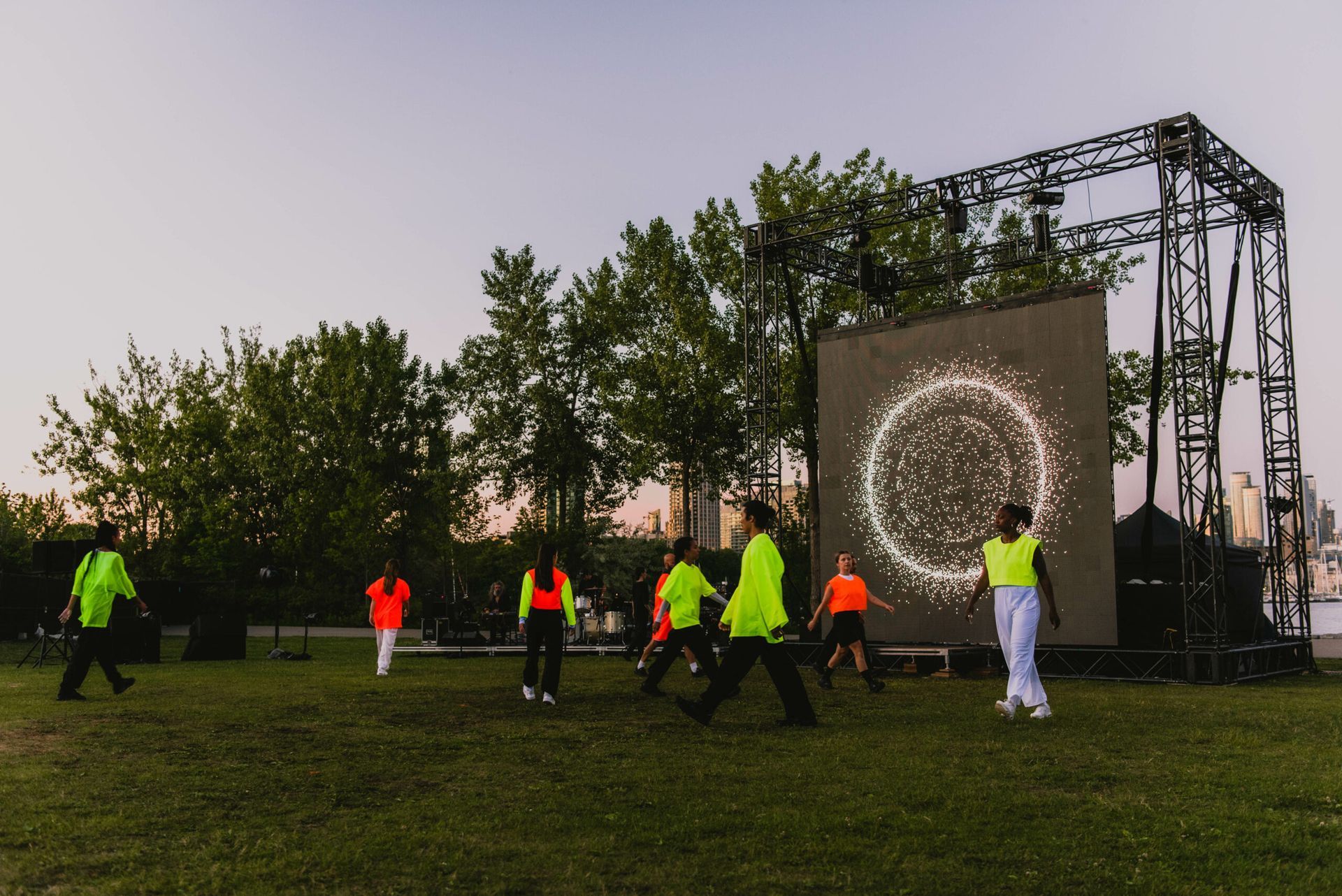
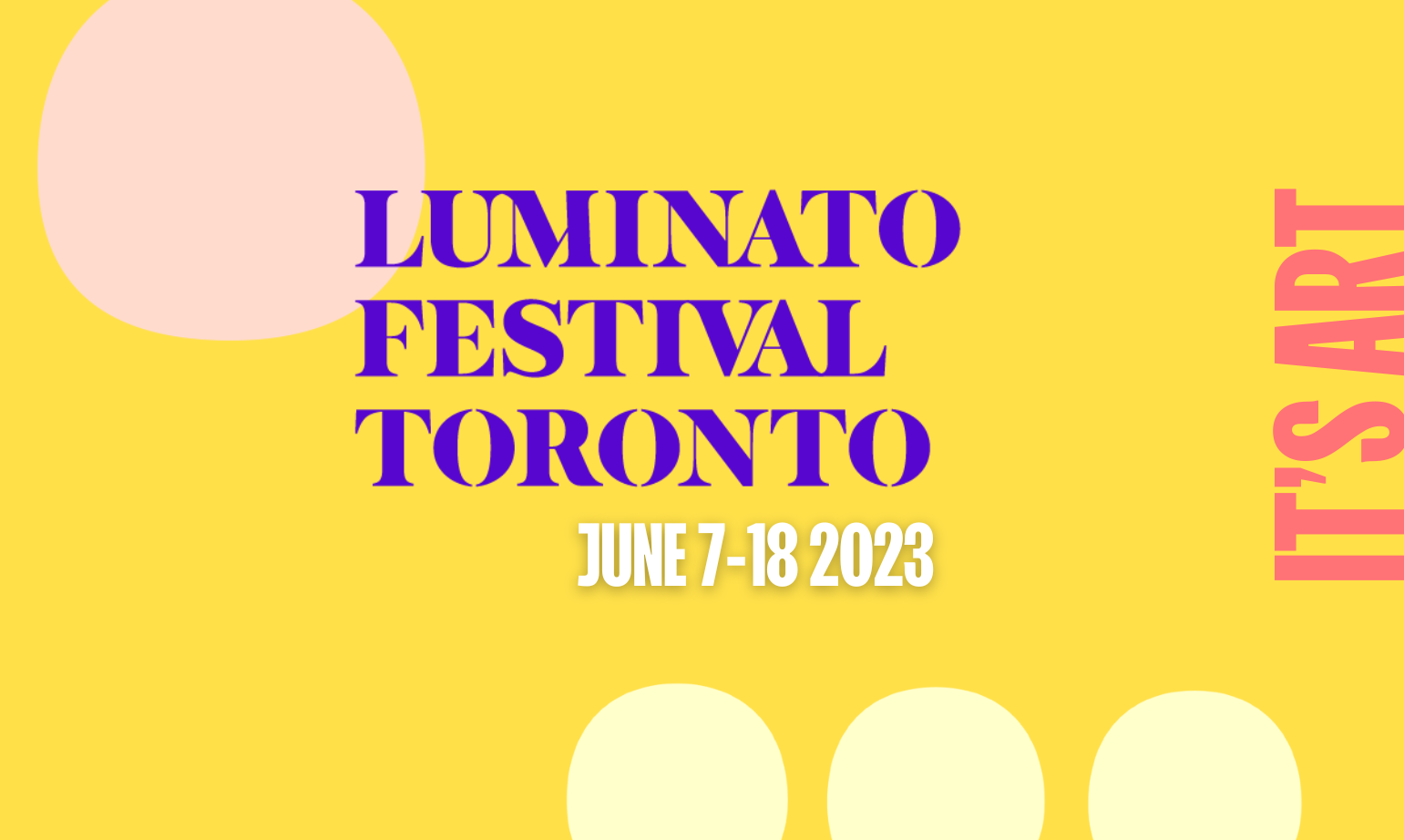
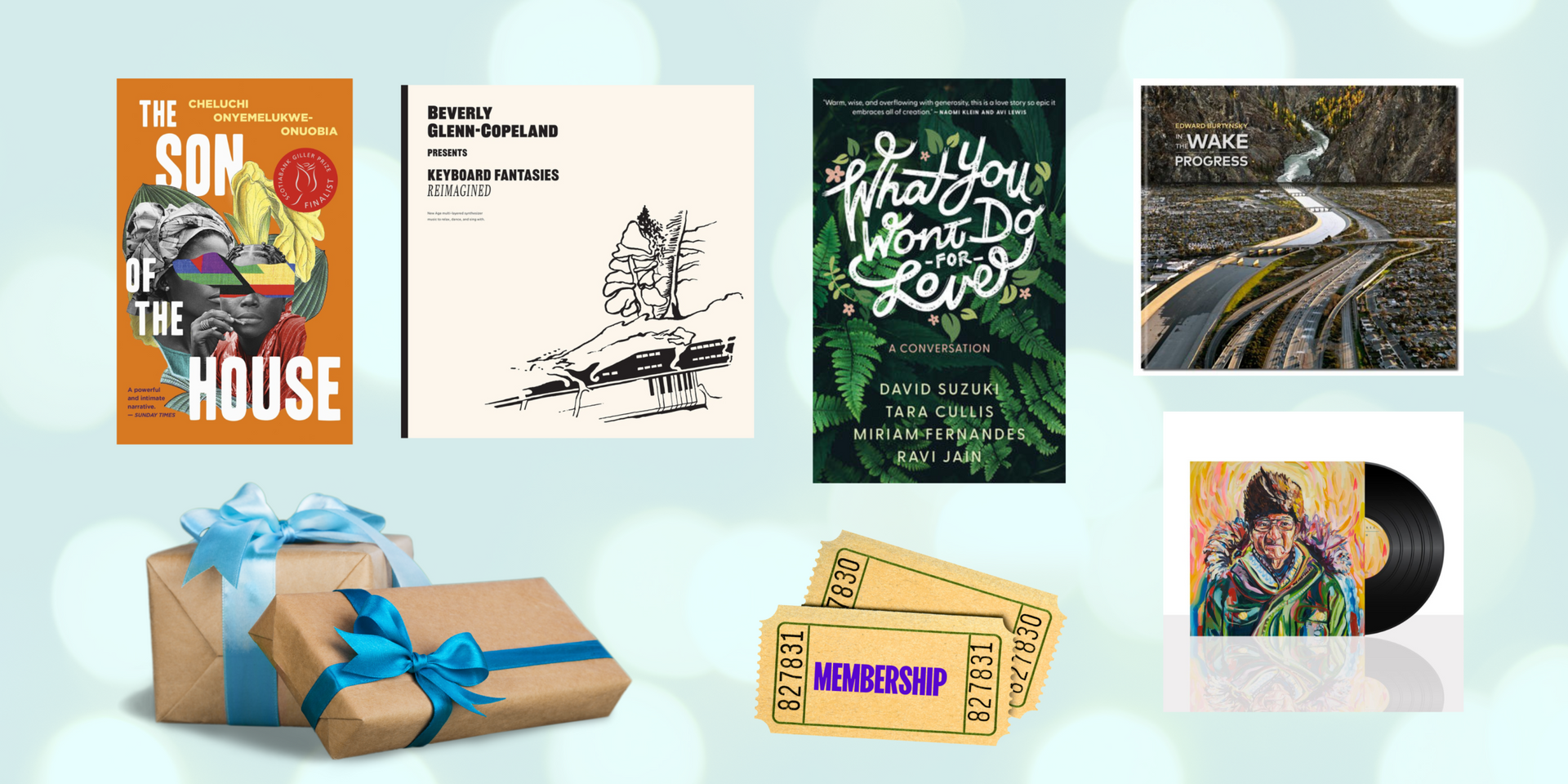
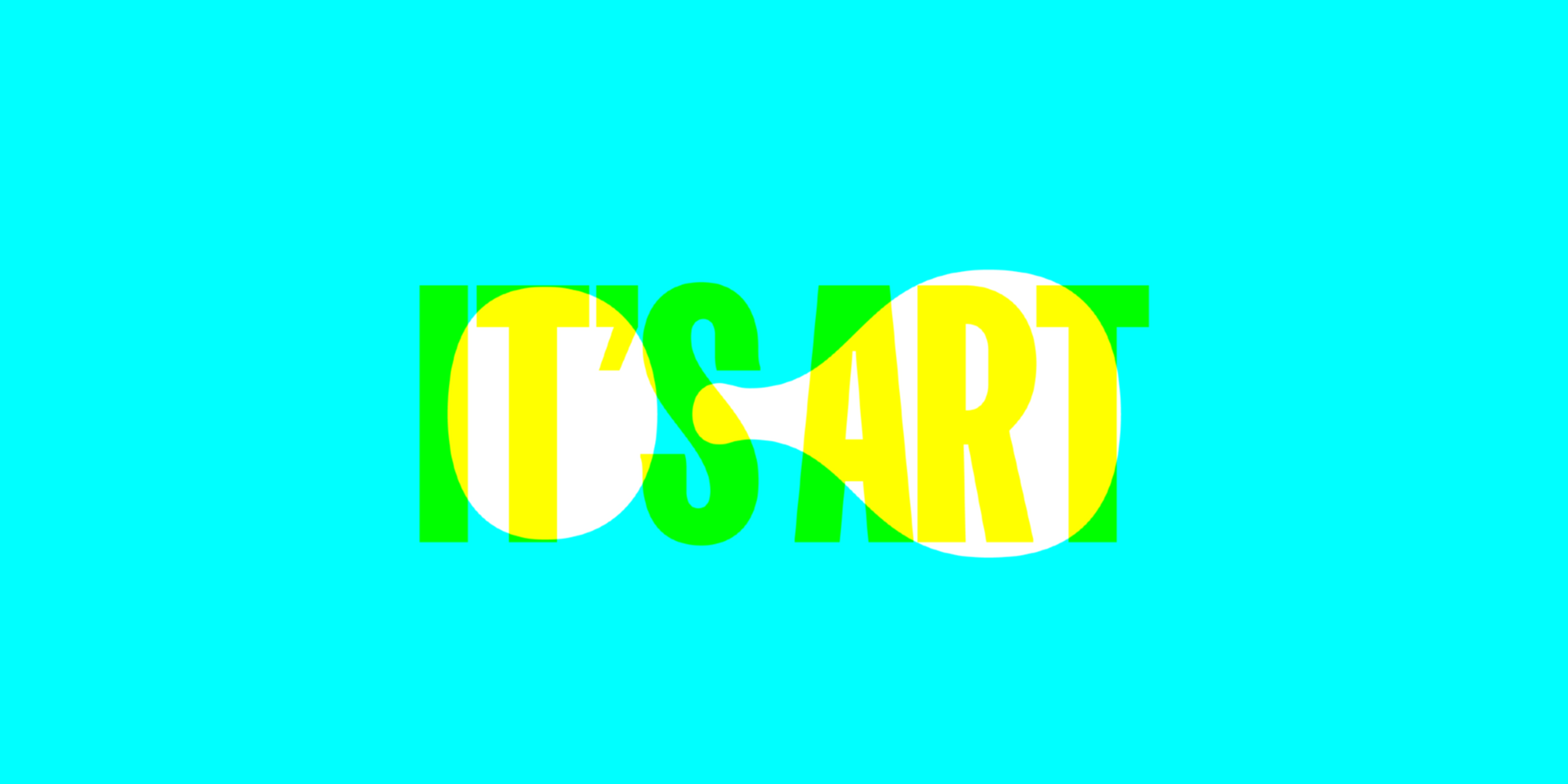
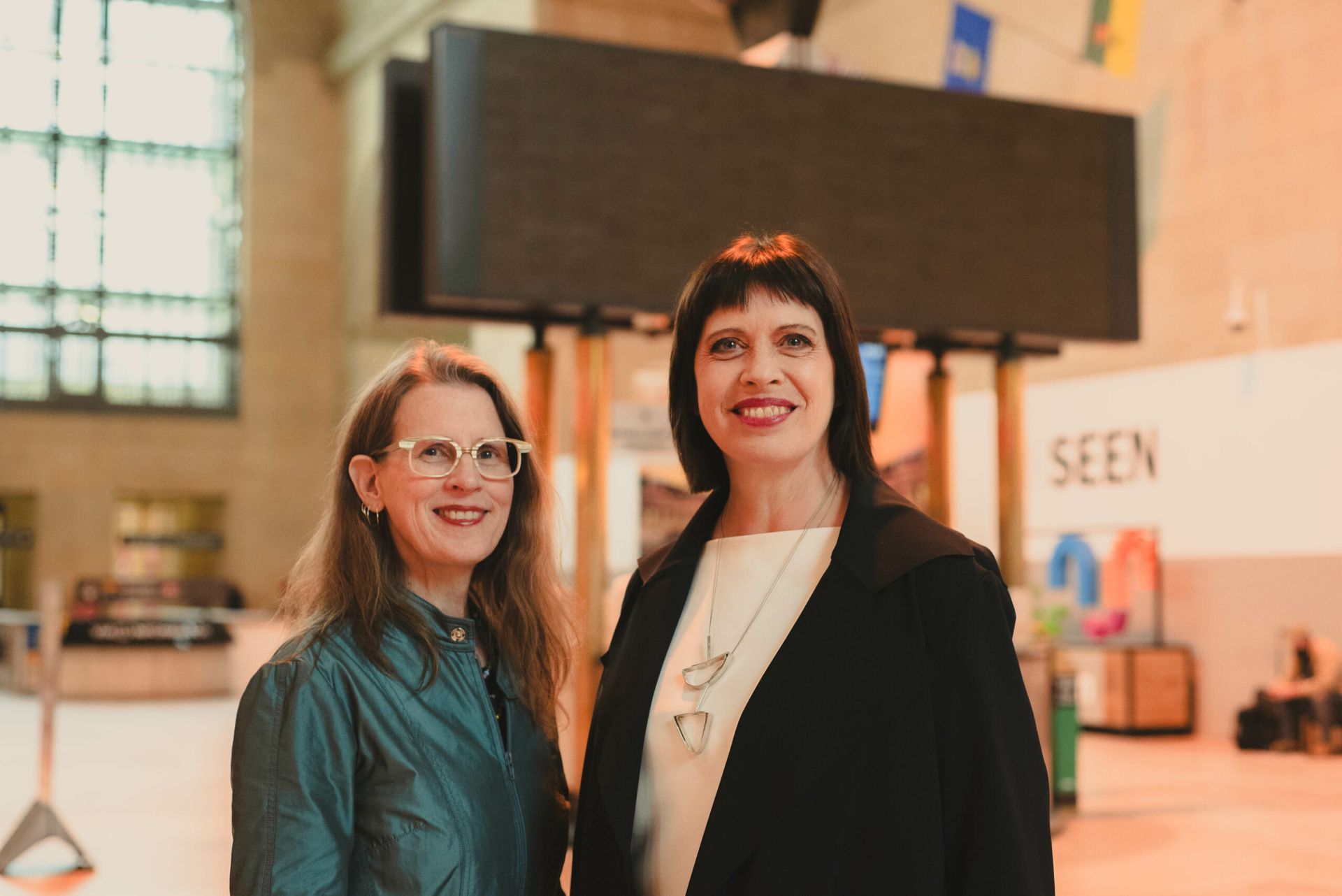
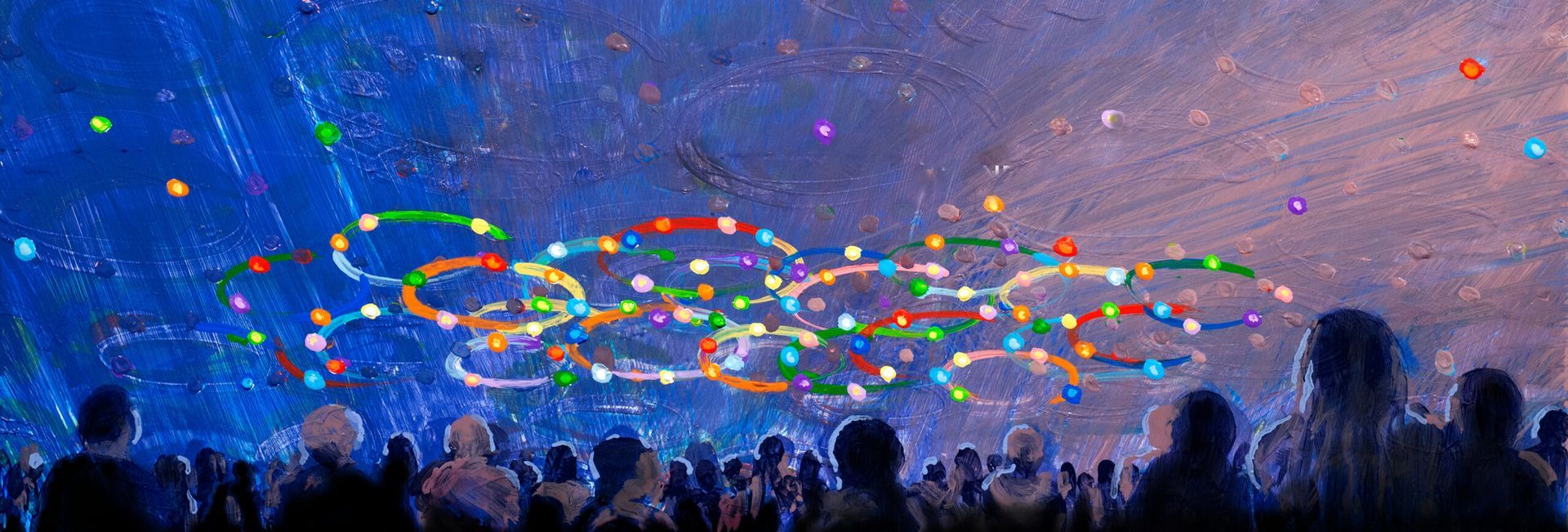
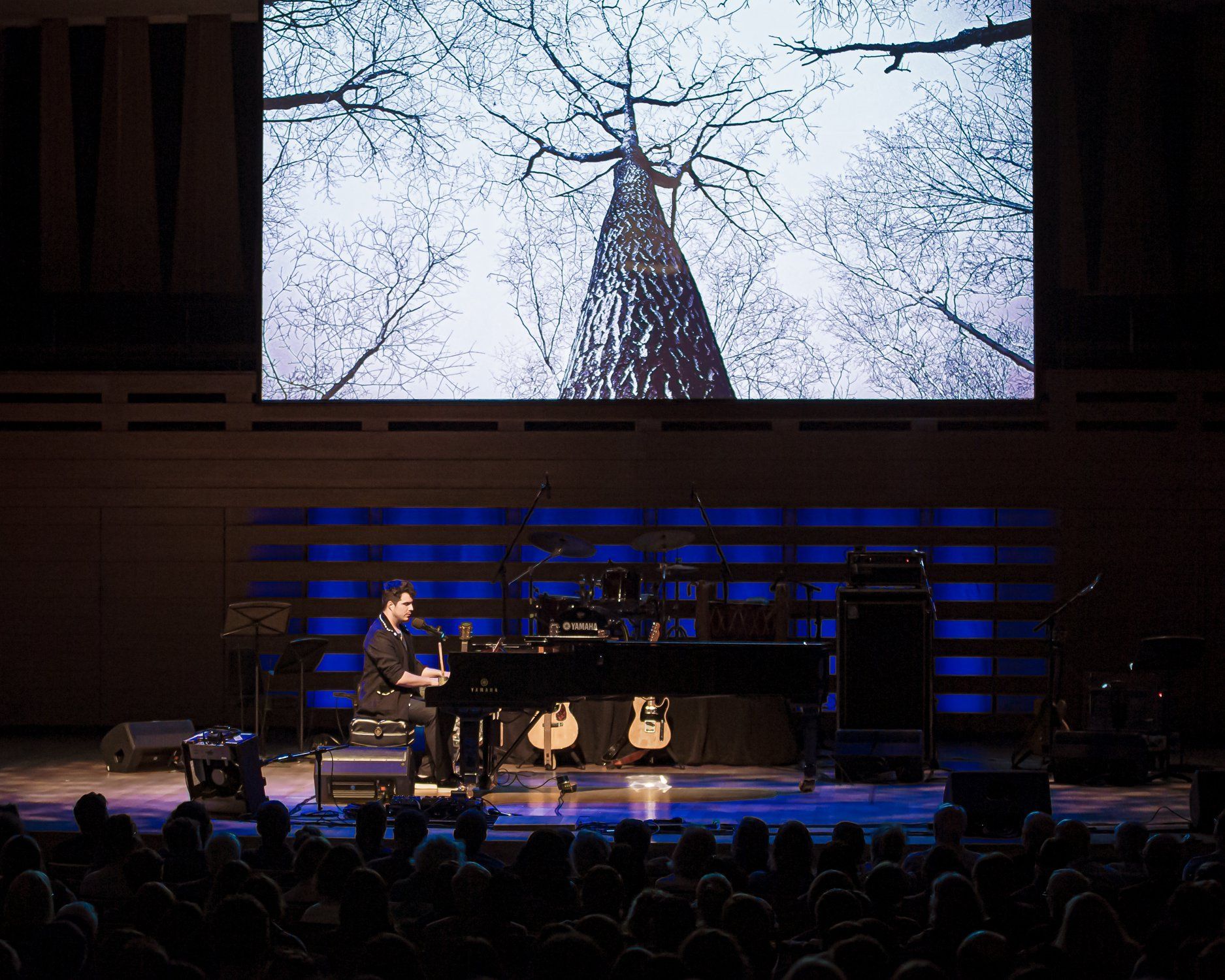
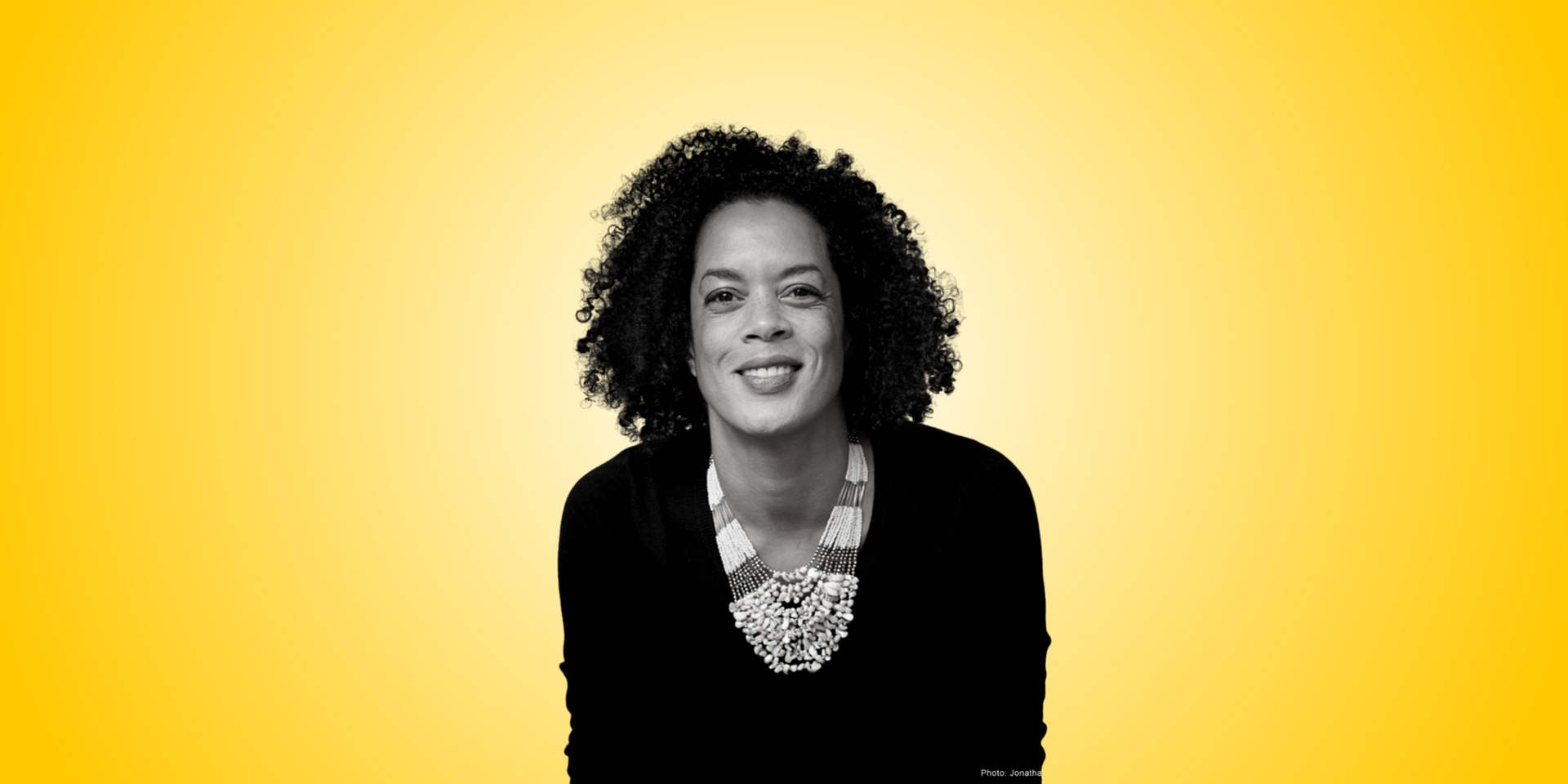
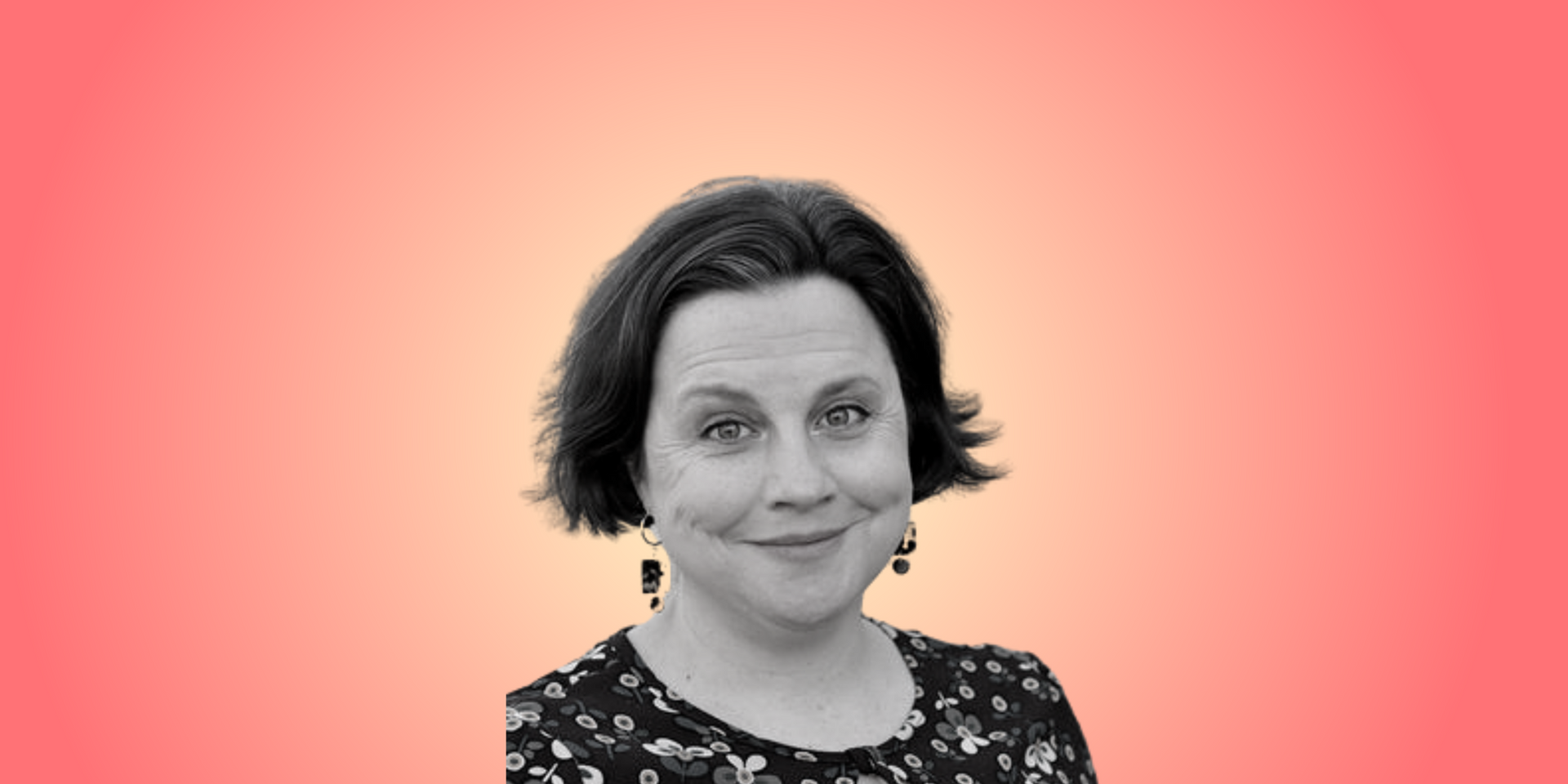
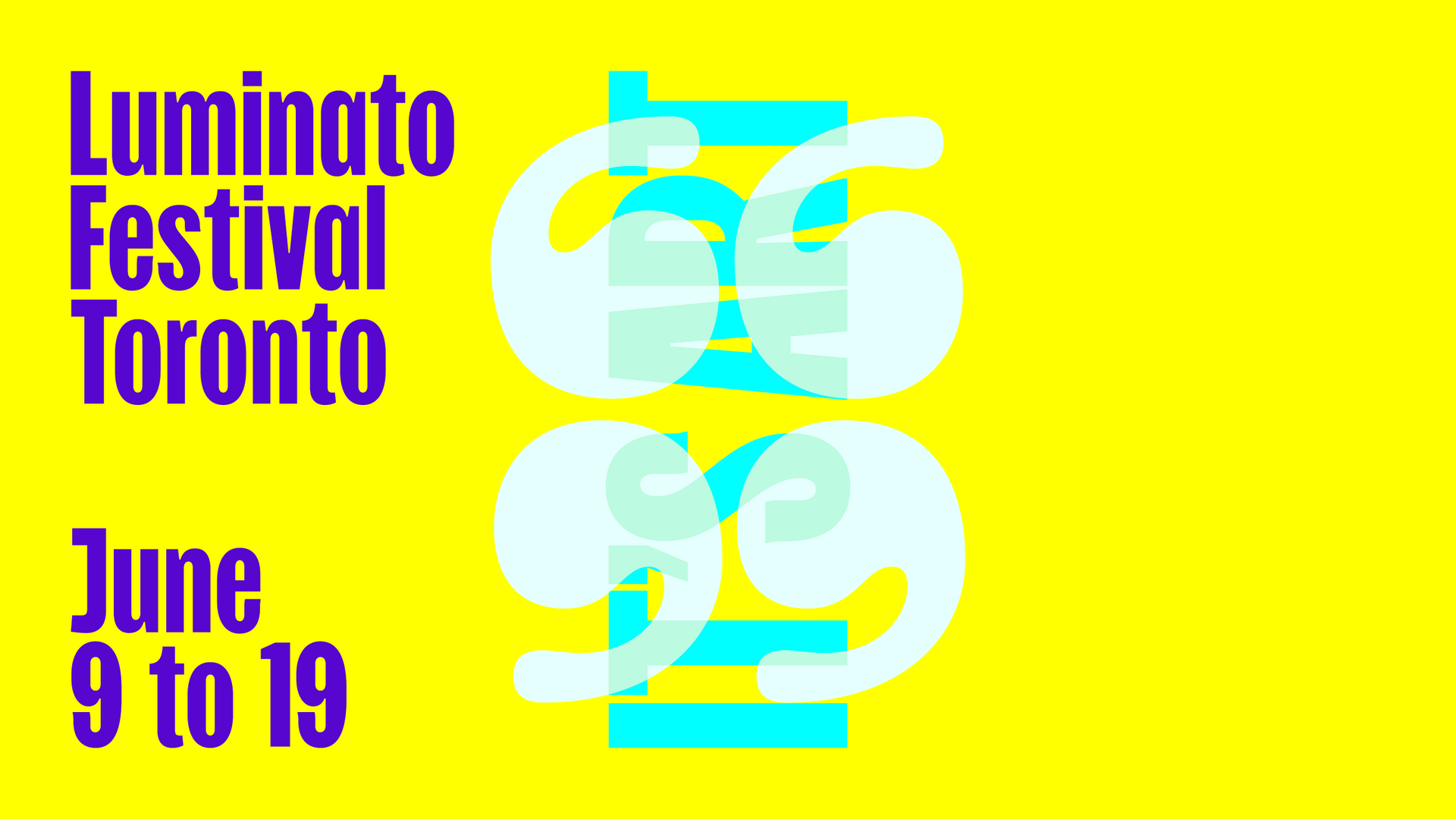
© 2025 Luminato Festival Toronto, All rights reserved.
Privacy Policy
|
Terms and Conditions
